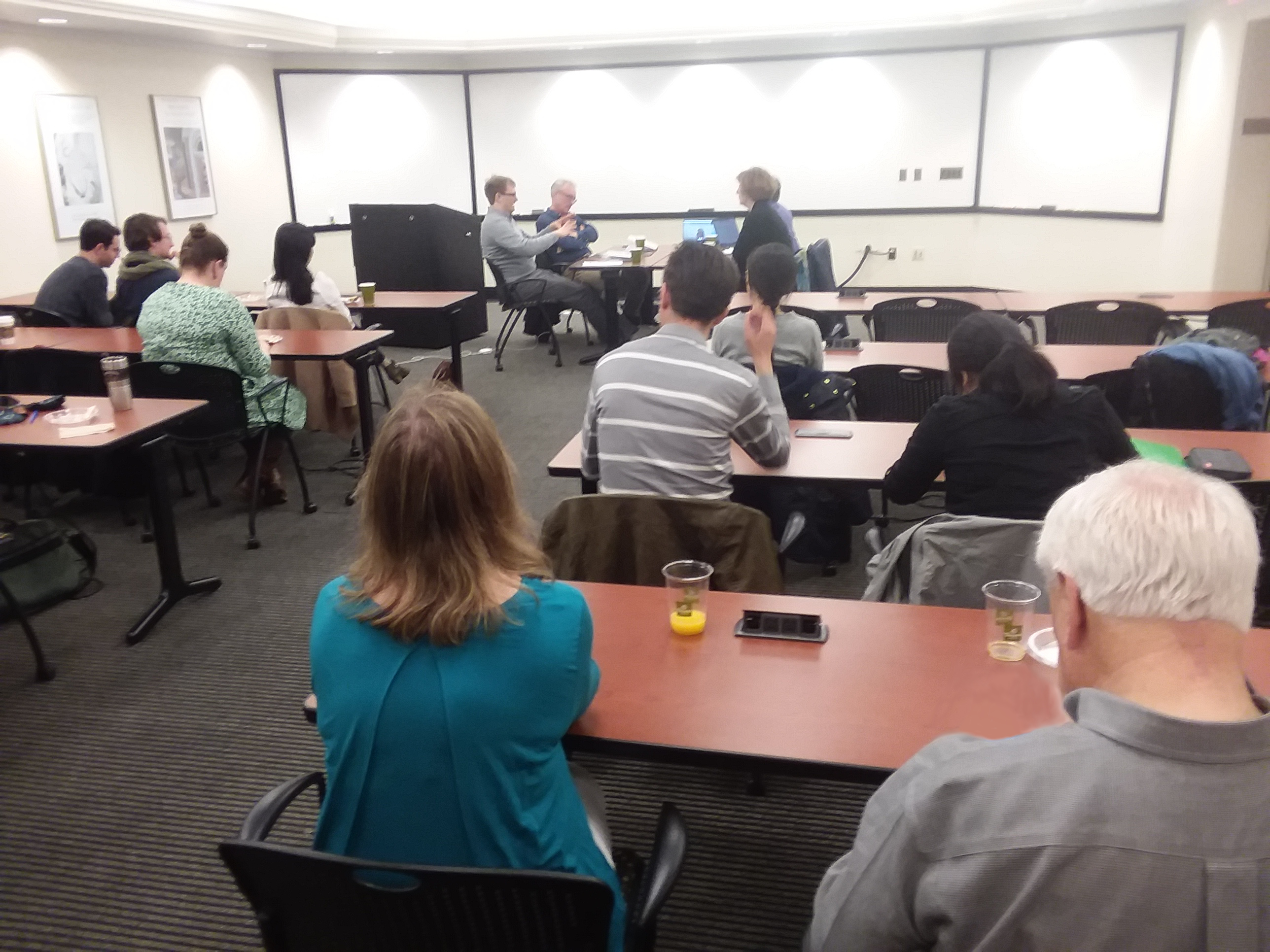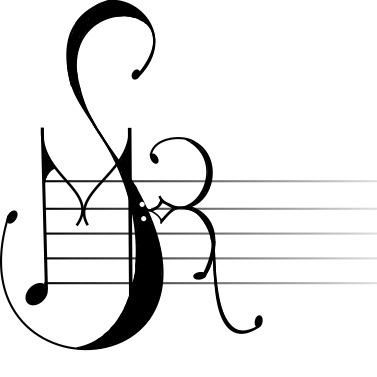
Last Tuesday, Stephen Lett successfully defended his dissertation, entitled "The Psychedelic Listener: Theorizing Music in Therapeutic Practice," before a mesmerized and near-ecstatic audience. Congratulations, Stephen!
Abstract:
The Psychedelic Listener: Theorizing Music in Therapeutic Practice
Since the advent of sound reproduction, new types of listener have emerged: a consumer-listener enters Muzak’s affective atmosphere and purchases more than planned; prisoner-of-war-listeners are assaulted with earsplitting pop music until their will is broken; an analysand-listener’s unconscious is catalyzed by the dynamic textures of classical music. Although technology has afforded the production of such diverse listening subjects, music theorists have yet to consider such listening encounters as valuable sites of music-theoretical inquiry. Rather, the image of an attentive, detail-oriented listener continues to prevail in the field. Questioning the necessity of this image as the sole ground for music-theoretical discourse, this dissertation opens an archive of theories about music we have yet to engage as music theory: thought about music in psychotherapeutic practice. In particular, I study theories of music grounded on the image of a listener experiencing the dissolution of the subjectivity necessary for engaging music in music theory’s fastidious manner: the psychedelic listener.
This dissertation traces a form of music psychotherapy called Guided Imagery and Music from its roots in 1950s psychedelic psychiatry through to its present-day use in a therapist’s private practice. Developed by Helen L. Bonny in dialogue with intellectual currents of the counterculture, thought about music in GIM offers a striking counterpoint to that of music theory. As a field establishing itself in the North American academy at the same time, music theorists grounded their discipline in positivist inquiry. While music theory has moved away from this position following numerous critiques, I argue that the specter of this disciplinary origin continues to haunt our present in the form of a presumed image of what it means to listen. To better respond to critiques of music theory, then, I propose that we begin to engage music-theoretical contributions of those who base their theories on listening otherwise. My dissertation seeks to begin this reparative process. In chapter one, I think through a provocative statement in order to explore two images of the listener: the modern and the psychedelic. In chapter two, I explore how the modern listener regulates what counts as music-theoretical work, while also demonstrating that music theorists have always appeared unfulfilled by this image of listening as evidenced in their investment in musical experience. Chapter three recasts experience by tracing the co-emergence of the concept of the psychedelic and what came to be called psychedelic psychotherapy. In order to foster the kind of experience they found therapeutically efficacious, researchers began playing music during the sessions. Chapter four follows up on this practice by studying two approaches to selecting music for psychedelic psychotherapy—one premised on psychological behaviorism, the other, Bonny’s, on humanistic and transpersonal psychology. In Chapter five, I study Bonny’s theory of music in GIM. Through a close reading of her primary music-theoretical text, I work to tease her voice out the cacophony of sources she cites. In chapter six, I explore how a therapist uses GIM in private practice today. Drawing on fieldwork with a practitioner, I present a detailed vignette of a single session before elaborating on the therapist’s thinking about the psyche and music. Chapter seven concludes by drawing the various strands of this dissertation together—integrating them so that we might reorient our music-theoretical practices moving forward.
Recent Posts
SMR to Host Midwest Graduate Music Consortium 2025 Conference – January 13, 2025
SMR Welcome BBQ at County Farm Park – October 01, 2024
Julian Grey defends dissertation – June 05, 2024
Michaela Franzen defends dissertation – May 21, 2024
Kai West defends dissertation – May 16, 2024
Micah Mooney and Carlos Pérez Tabares present at Music Theory Midwest – May 12, 2024
SMR end-of-year round-up at County Farm Park – April 25, 2024
SMR hosts Research Showcase – September 29, 2023
 Society for Music Research
Society for Music Research